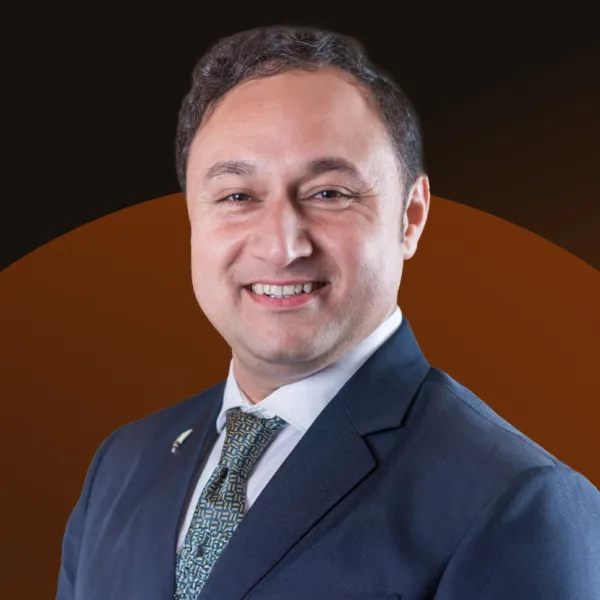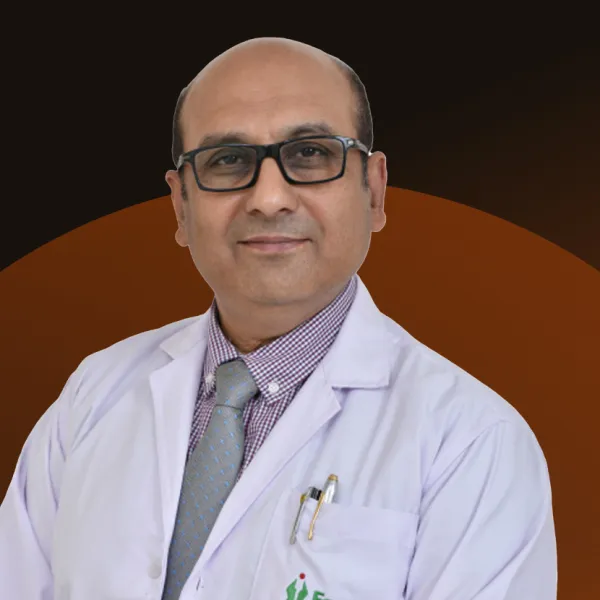Winning the War of Oncology

By Sudeep Dey, President – Information Technology and Chief Information Officer for HealthCare Global Enterprises Limited
Today oncology is one of the world’s fastest moving therapeutic areas (TAs). It also represents the Largest Pharma Sales in the world. It also has the largest pipeline of drugs waiting for approvals. The disease burden is getting higher by the day globally. This is more so for India. With India becoming the top five cancer affected countries, we need more focus on prevention as well as the cure itself.
How Do We Win in Oncology
While one size fits all is unlikely in cancer care, technology is helping healthcare providers transform how cancer patients can access treatments. Technologies help early detection and diagnosis which is extremely important for cancer treatment. The few things which we must foster for making the preparation for fighting against cancer stronger include:
Personalize Diagnosis and Treatment
1. It’s proven that cancer treatment costs less and has a higher probability of effective cure if it is caught in early stages. The five-year survival rates for the top five cancers are 4 to 13 times higher at Stage 1 versus Stage 4, depending on the type of cancer. With more and more AI powered advanced genomics tests and digital pathology systems which are not only very precise but are also very high on collaboration we can detect and treat early in a collaborative way.
2. With the use of machine learning and radiomics, the scientists and clinicians aim to extract quantitative, and ideally reproducible, information from diagnostic images, including complex patterns that are difficult to recognize or quantify by the human eye.
3. AI-based risk profiling and opportunistic screening of common cancers by healthcare workers leading to early diagnosis of oral cavity, breast, and cervical cancer.
4. Cancer is the disease of the human cell and is very individual specific and hence the importance of precise diagnosis and precision medicine. Innovative Next-Generation Sequencing (NGS) methods assist to optimize the full cycle of cancer management. These advanced sequencing technologies not only extend lifespans and improve cure rates for cancer patients through application to early screening, in the field of cancer diagnosis and monitoring.
a. Genome Editing is a technology through which we can pinpoint the gene causing cancer and alter the same to save the patient.
b. Another promising technology is CAR-T Cell Therapy. In which the patient’s own T Cells are used to kill the cancer-causing cells.
c. Apart from the treatment being administered, it will be equally important that we have the best diagnostic techniques for finding the right phenotype of the patient.
d. Clinicians and care providers should use data powered (in today’s terms AI enabled) phenotyping for the suspected patient.
Providing Care Where the Patient Is
5. Data centricity and intelligence is going to be helpful. Not Just about the disease and science of finding the cure. But also knowing the patient and making sure the care continuum is assured for the patient. This would be assisted by digital health records – mapping the patient’s journey using smartphones and cloud-based data capture.
6. Training of non-oncologists and nurses as primary care providers leads to distributed cancer care. Use of virtual reality or extended reality for such training and care delivery.
7. Remote processing of biopsies and telepathology to improve cancer diagnosis.
8. AI-based image analysis of chest x-rays to identify lung cancer.
Faster Discovery of Treatment and Clinical Paths Using AI
1. Use of AI has started playing a significant role in reducing the drug discovery cycle. This needs to be fostered further as the possibilities are limitless as far as precision and value-based medicine is concerned.
a. They can also assist in the formulation of personalized clinical diagnostics and treatment plans, as well as allow doctors to accurately relocate the follow-up development of cancer patients after the primary treatment. NGS-based platforms also effectively serve the development of cancer drugs’ companion diagnostics (CDx) tests, and studies on new cancer drugs.
b. Lay thrust on clinical trials and create newer financial models and partnerships which can expedite more flow of funds in this area.
c. Once the models are established, through proper governance we will be able to find treatments faster.
d. This will also make sure bias is removed so that we have treatments which are available to rich and poor both.
Prevention is Better than Cure
The healthcare and clinical ecosystem works tirelessly to make sure the fight is strong to face and defeat this disease. However, individuals should be educated on the importance of a healthy lifestyle within their ecosystem so that this is prevented.
[Disclaimer: This is an authored article; DHN is not liable for the claims made in the same.]
Stay tuned for more such updates on Digital Health News































